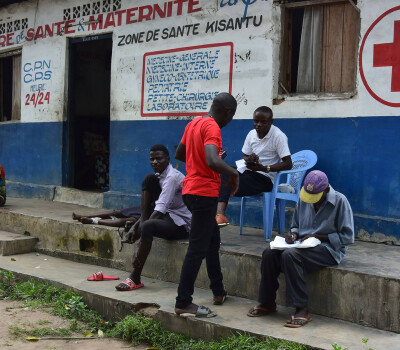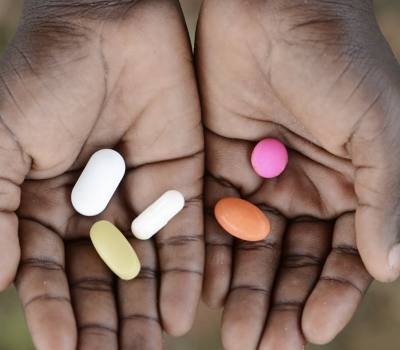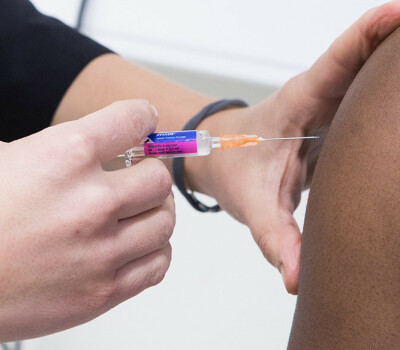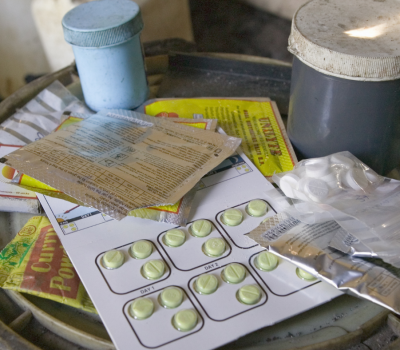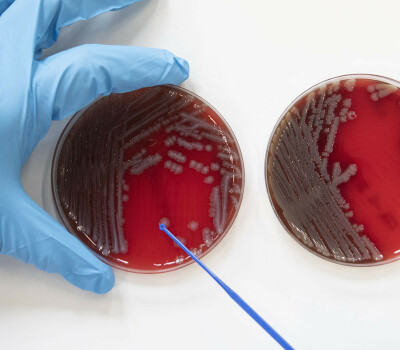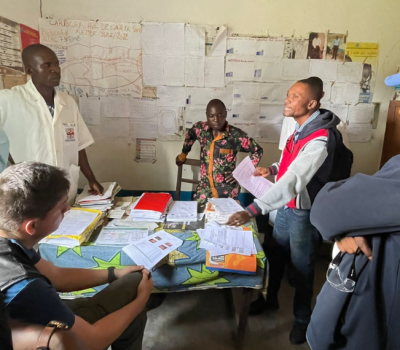AIDS is here to stay, unless we turn a new leaf

Marie Laga wrote this opinion piece as a World AIDS Day contribution for the newspaper 'De Morgen'.
Although more and more people living with HIV are on antiretroviral treatment, we haven't been able to reduce the number of new infections worldwide. Despite all the scientific and social forces that have united in the fight against HIV/AIDS, we will have to get used to the idea that this disease will remain a huge problem. Unless we draw lessons and take a different approach.
In the early 80s, I stood by the bedside of the first AIDS patients in Belgium at the Institute of Tropical Medicine. My colleagues and I searched feverishly for the cause of what then appeared to be a mysterious gay disease in the United States. We know better by now.
There has been much progress in recent years. Nearly 20 million people living with HIV receive lifesaving ART, most of them live in the poorest parts of the world. Less and less babies are being born with the HIV virus and child mortality has declined as a result.
In South Africa, for example, the country with the largest HIV epidemic, 60% fewer children were born with HIV in the last 10 years, and child mortality has declined as a result.
Unfortunately, the news is not all good. The HIV virus is rather clever and knows how to invade the immune system. No vaccine has been found yet and maybe it never will.
The vast majority of infections occur through sex and we have little control over that. Only last year there were 2.1 million new HIV infections worldwide. To survive, all those people will have to take antiretrovirals for the rest of their life. The number of new HIV infections in adults has barely declined in the last five years.
In Belgium the largest HIV-positive group consists of gay men. After a sharp decline in infections last year, the latest figures from the Scientific Institute of Public Health (ISP) show an increase of about 5% in this group. In South Africa, the country with the largest HIV-epidemic, seven million people are now infected with the virus and every day there are 1000 new infections. That is about the same number as in Belgium in a year.
In recent years the AIDS community thought that treatment was the key to reducing new infections. People on antiretrovirals are less likely to transmit the virus to others through sex. However, the majority of new infections probably result from sexual contact with an HIV-positive partner who was not yet aware of his/her positive status.
Ensuring access to treatment for everyone with HIV, anywhere in the world, remains essential. But it won’t be enough to get rid of the disease. More attention needs to go to preventing contagion and detecting new infections early on. In Belgium, antiretrovirals for healthy people with high-risk behaviour can be an important additional tool. In Africa the priority must go to prevention targeting all vulnerable groups - young people, sex workers and homosexuals. Unfortunately, that is still not the case everywhere.
Courage, money and leadership will be needed to meet the challenges. And these are not only of a technical scientific nature, but concern human rights. If we want to defeat HIV/AIDS, we must also find better ways to fight discrimination, inequality between men and women and social exclusion.
There are very few epidemics that have had such a dramatic impact and such a heartwarming and united response from the international health community. The road is still long, but without proper attention and commitment to prevention, the end is not in sight yet.
Spread the word! Share this story on
